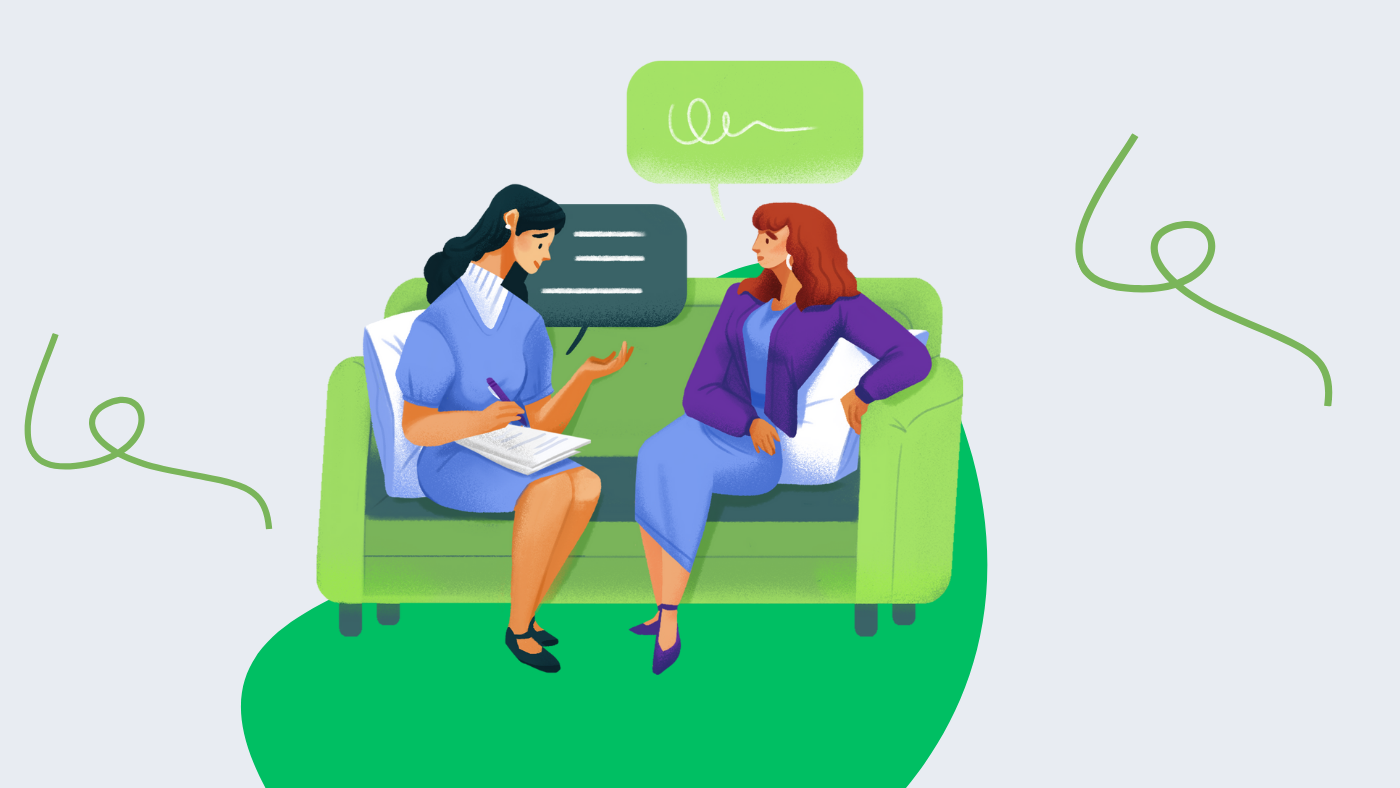People can feel sad or depressed at times. These feelings of sadness become intense and lasts for many days to weeks, keeping you from functioning normally, the depression may be something more than sadness.
Depression is caused by a combination of genetic, biological, psychological, social and environmental factors. People who have a family history of depression are at an increased risk of depression. Major life changes, such as trauma and stress can also bring about an episode of depression, yet some episodes of depression can begin without any obvious external cause.
Psychotherapy for Depression
There are two specific methods to treat depression: pharmaceutical and therapy. Pharmaceuticals involve medication treatment with the usage of antidepressants; through direct interference of biochemistry. Psychotherapy, however provides treatment through enhancing thinking and talking, either alone or in combination with medications. Often, The benefits of psychotherapy show to have an enduring effect that protects against symptoms returning even after treatment is ended.
Placebo Effect
There is evidence that shows that antidepressants can have greater negative effects on the individual than symptoms of depression itself. Research within the literature has shown treatment of depression simply through ‘thinking’ and ‘believing’. More than one study has found that antidepressant medication has little if any effectiveness above and beyond the placebo effect. When patients are given a sugar pill and led to believe that it is an antidepressant, their improvement is close to or equivalent to those taking the actual medication. They believe the medication to be effective, therefore improve.
How Psychotherapy Help?
Psychotherapy addresses the root causes of depression, such as anxiety, early childhood trauma, negative thinking, poor self-image, loss of meaning, and relationship difficulties. Therapy can also help to improve coping skills and resilience. Specifically psychotherapy can help people with depression to; Pinpoint life events that contribute to their depression and help them find ways to change, accept or adapt to those situations; Set realistic goals for the future.;Identify distorted thought processes or unhelpful behaviours that contribute to feelings of hopelessness and helplessness; and Develop skills to cope with symptoms and problems.
There are many forms of psychotherapy: Cognitive behavioural therapy (CBT), Interpersonal Therapy (IP), Dialectical Behaviour Therapy (DBT) and behavioural therapy. Cognitive Behavioural Therapy (CBT) is a type of therapy in which patients learn to identify and manage negative thought and behaviour patterns that can contribute to their depression. CBT helps patients identify unhelpful or negative thinking, change inaccurate beliefs, change behaviours that might make depression worse, and interact with others in more positive ways.Interpersonal Therapy (IPT) is a form of therapy in which patients learn to improve their relationships with others by better expressing their emotions and solving problems in healthier ways. IPT helps patients resolve or adapt to troubling life events, build social skills and organise their relationships to increase support for coping with depressive symptoms and life stressors. DBT emphasises the validity of a person’s behaviour and feelings and reassures the individual that those feelings and behaviours are understandable. At the same time, it encourages the individual to understand that the responsibility for changing unhealthy or disruptive behaviour is his or her own.


